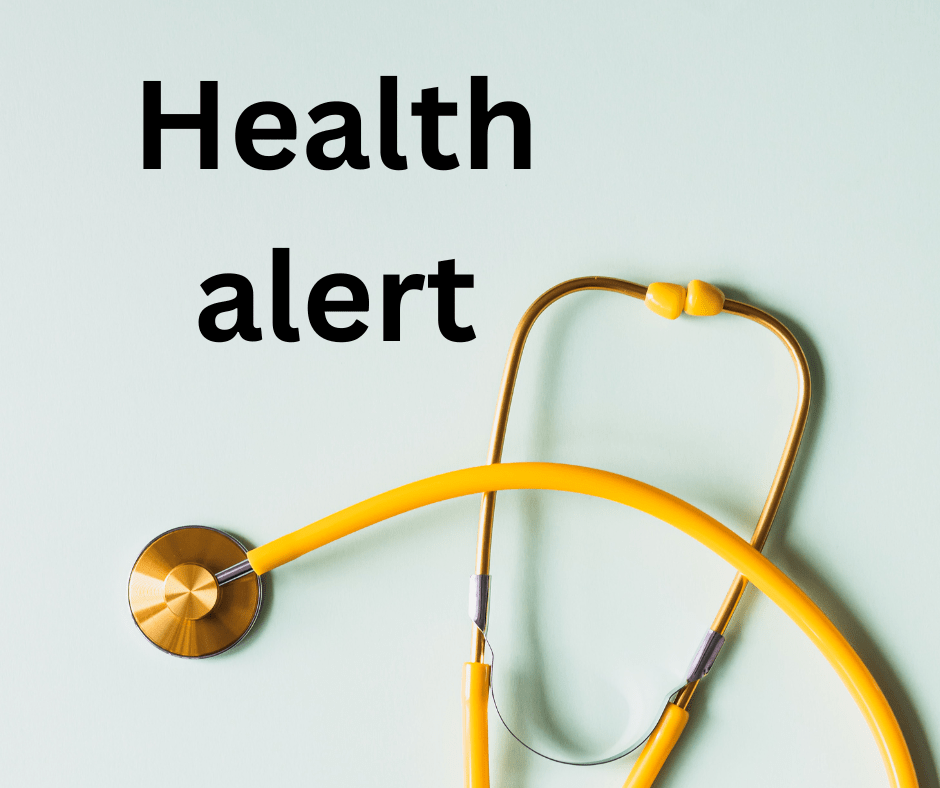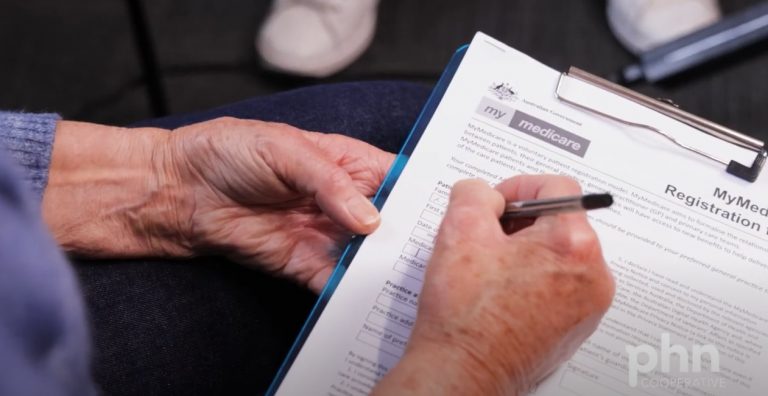Date issued: 18 February 2022
Issued by: Associate Professor Deborah Friedman, Deputy Chief Health Officer (Communicable Disease)
Issued to: Health professionals and Victorian community
Key messages
- A new case of measles has been identified in a returned overseas traveller.
- The case was infectious at a number of premises between 16 and 17 February 2023.
- People who attended the listed exposure sites during the specified dates and times are advised to monitor for symptoms of measles. Symptoms can develop 7 to 18 days after exposure.
- Unvaccinated or immunocompromised people who attended the listed exposure sites should seek medical assessment for post-exposure prophylaxis as soon as possible.
- In this case, MMR vaccine can be administered within 72 hours of initial measles exposure, or immunoglobulin within 6 days of exposure (for selected people).
- Anyone who develops symptoms of measles should seek medical care. Wear a mask and call ahead to make sure you can be isolated from others.
- Healthcare professionals should be alert for measles in patients presenting with fever and rash, particularly if they were overseas or attended a listed exposure site during the specified period. People with compatible illness should be tested, advised to isolate, and notified to the Department of Health.
- Offer free measles-mumps-rubella (MMR) vaccine to all people born during or since 1966 who do not have documentation that they have received two doses of measles containing vaccines. Vaccinate all individuals who are unsure of their vaccination history, regardless of Medicare status.
- There is no need to check serology prior to vaccination.
- Anyone planning overseas travel should ensure they have received vaccinations appropriate for travel.
- Be aware that the initial symptoms of measles are similar to that of COVID-19 and influenza. If a patient has a negative COVID-19 test, but develops a rash, consider measles.
- Read the full alert: New measles case in Victoria





